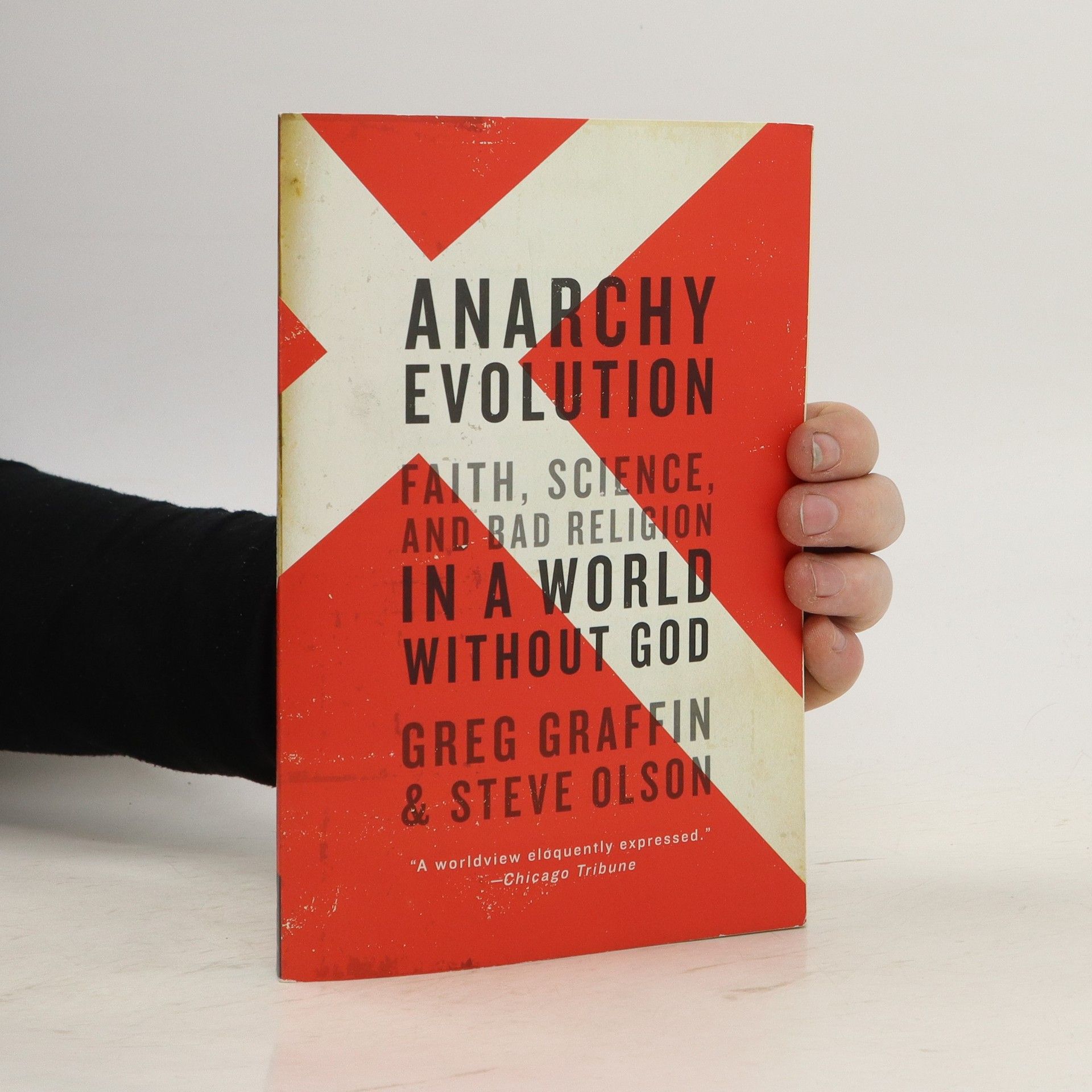Punk Paradox
- 368 pages
- 13 hours of reading
A historical memoir by Greg Graffin, lead vocalist and songwriter of the influential punk band Bad Religion, chronicles his life within the punk genre that transformed music and culture. Since its formation in Los Angeles in 1980, Bad Religion has produced a significant body of work, becoming a touring powerhouse and leaving a lasting legacy as one of punk rock's most important bands. Graffin's narrative is framed within a cultural history of punk's evolution, reflecting on his journey from his Midwestern upbringing to his pivotal move to Southern California in the mid-'70s, coinciding with the rise of punk and societal shifts. Immersed in the vibrant and often tumultuous punk scene of '80s Los Angeles, Graffin and his friends established Bad Religion, diligently building a fanbase and becoming a touring institution. Balancing his music career with academia, Graffin pursued advanced degrees, embodying a unique duality as a punk rock icon and university lecturer in evolution. His scientific perspective enriches the memoir, making it a distinctive exploration of punk's paradoxes—its pop influences, aspirations for societal improvement, and unifying power—elements that contribute to punk's enduring nature. This insightful memoir offers a behind-the-scenes look at the punk scene while providing astute commentary on its resilience and evolution.



